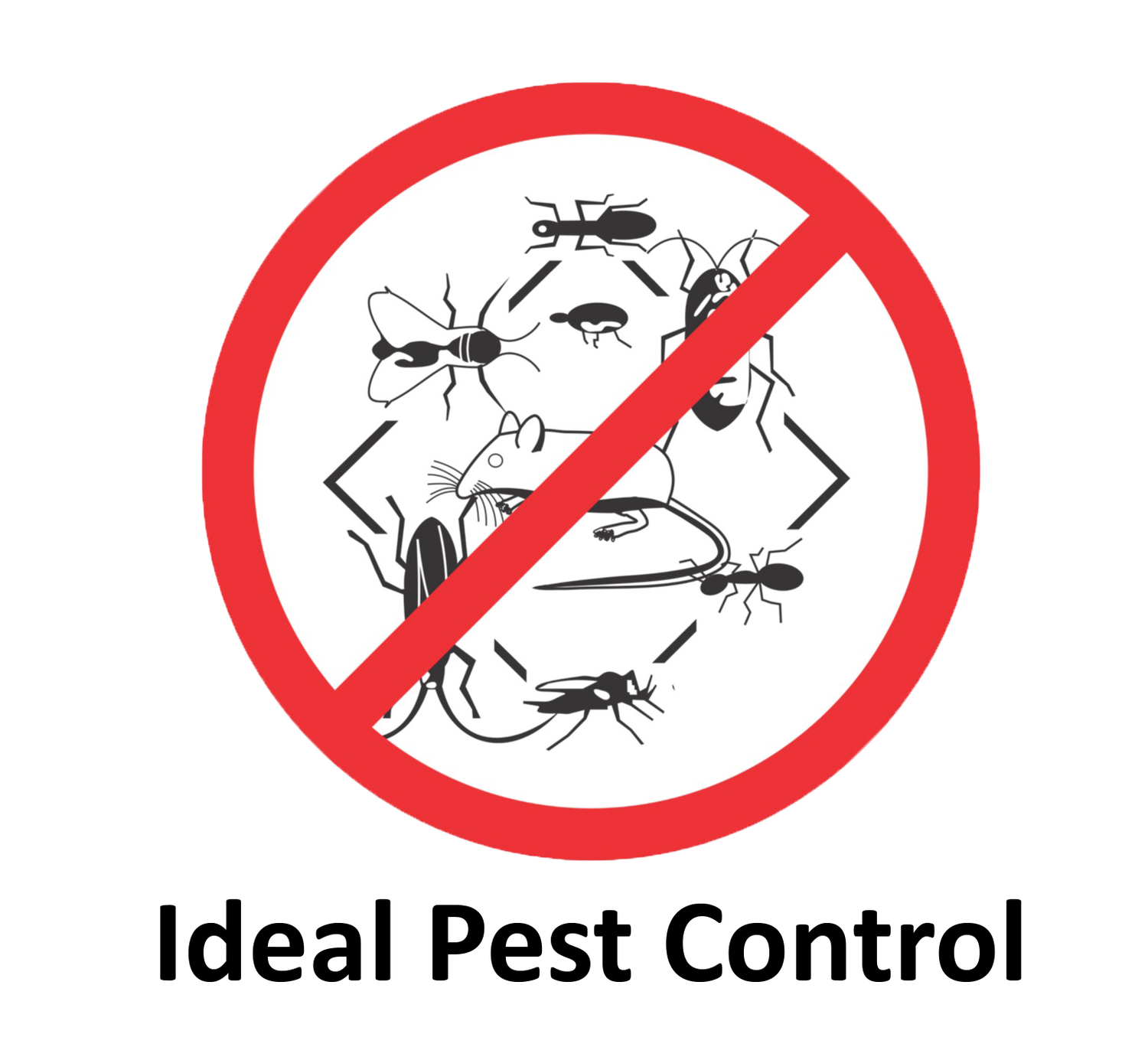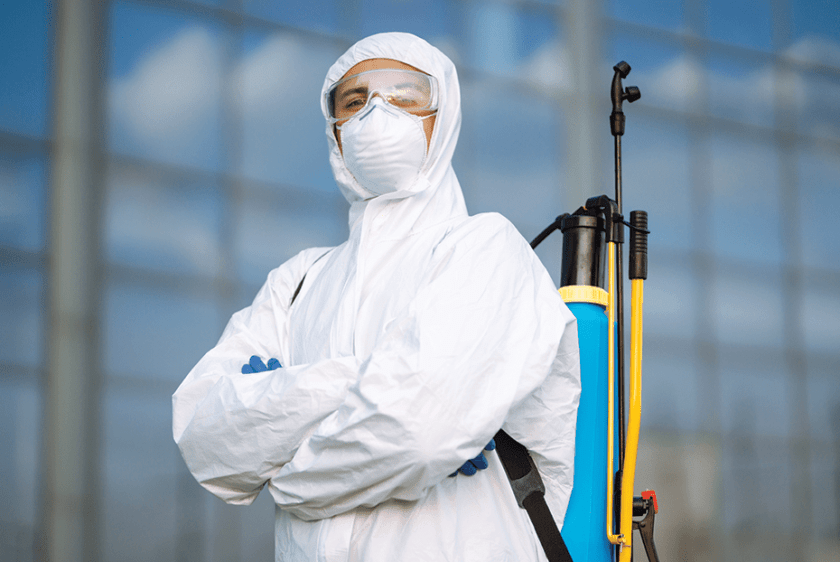Safe and Reliable Insect Control for Lasting Protection
Reliable bug administration calls for a diverse technique that balances eco-friendly stability with the need for efficient bug suppression. The subtleties of these approaches may not be quickly clear, motivating a more detailed assessment of the practices that can lead to sustainable pest control outcomes.
Understanding Parasite Control Techniques
Parasite control incorporates a range of methods targeted at handling and removing unwanted insects and rodents that can threaten both health and residential or commercial property. Recognizing these approaches is essential for reliable pest monitoring.
The main categories of insect control approaches include mechanical, biological, and chemical approaches. Mechanical approaches entail physical barriers and traps to avoid insect access and capture unwanted varieties. As an example, utilizing displays on home windows or employing sticky catches can dramatically minimize parasite populations without presenting dangerous substances.

Chemical parasite control is often the most acknowledged technique, using pesticides to eliminate pests. These chemicals can be reliable yet should be utilized with care to prevent unfavorable effects on non-target varieties and the setting.
Advantages of Eco-Friendly Solutions
Just how can green solutions transform bug control practices? The fostering of eco-friendly parasite control methods provides various advantages, considerably boosting the effectiveness and security of parasite monitoring (exterminator coquitlam). Firstly, these services make use of natural active ingredients, lowering the dependence on dangerous chemicals that can posture threats to human health and the setting. This change not just protects pets and families yet likewise reduces the potential for dirt and water contamination.

Another benefit is the positive effect on regional biodiversity. Environment-friendly solutions are developed to target details pests while protecting beneficial insects and wild animals, advertising a balanced ecosystem. This method lines up with the expanding consumer need for lasting practices, improving the reputation of pest control providers.
Integrated Pest Management Approaches
The application of environmentally friendly remedies naturally causes the fostering of Integrated Insect Administration (IPM) methods, which further boost pest control efficiency. IPM is a holistic technique that incorporates multiple methods to manage insect populaces while decreasing ecological influence. This technique emphasizes the use of organic, social, mechanical, and chemical controls, ensuring a lasting and well balanced method of insect administration.
One basic facet of IPM is the extensive evaluation of bug activity and ecological conditions. By keeping track of insect populaces and identifying their life cycles, professionals can implement targeted treatments that interfere with the parasite's habitat or lifecycle, lowering reliance on chemical pesticides. In addition, cultural methods such as plant rotation and habitat control can dramatically decrease parasite establishment and recreation.
Another vital element is making use of biological control agents, such as useful bugs or microbes, which can naturally suppress parasite populaces. When chemical applications are needed, IPM focuses on using low-risk pesticides and applies them selectively, lessening exposure to non-target organisms and human beings.
Integrating IPM methods not only boosts bug control performance but also advertises a more secure ecological community, straightening with the growing need for lasting methods in pest management.
Safe Practices for House Owners
Comprehending the relevance of secure techniques in bug control can empower house owners to successfully take care of pest concerns while guarding their health and the environment. Executing non-toxic approaches and safety nets is essential in decreasing exposure to harmful chemicals.
Property owners need to first examine their atmosphere for conditions that attract bugs, such as standing clutter, food, and water waste. On a regular basis cleaning and securing entrance factors can deter bugs you could look here from getting into the home. Using natural deterrents, such as essential oils or diatomaceous earth, can offer efficient alternatives to chemical pesticides.
When chemical treatments are essential, homeowners should go with items that are especially classified as risk-free for domestic usage. It is vital to adhere to application standards carefully to avoid overexposure. In addition, using targeted therapies in locations where pests are determined, instead of blanket spraying, can dramatically decrease chemical use.
Lastly, preserving open communication with parasite control experts is important. Home owners need to ask about the security of products utilized and request environment-friendly choices whenever feasible. By embracing these risk-free techniques, property owners can create a much healthier living setting while effectively handling pest concerns.

Tips for Long-Term Protection
Establishing an insect management technique that stresses lasting protection can substantially boost the performance of the safe methods formerly reviewed. To achieve this, homeowners should apply normal inspections of their residential property, concentrating on concealed areas such as attic rooms, cellars, and crawl rooms. Early detection of parasite activity click resources is essential in avoiding problems from taking hold.
These practices minimize attractants that attract pests into the home. Securing entrance points, such as cracks around doors and windows, can efficiently obstruct potential parasite access.
Landscape design ought to likewise be considered; keeping plants cut and maintaining a range between greenery and the home decreases hiding places for parasites. Making use of all-natural deterrents, such as crucial oils or diatomaceous planet, can further inhibit infestations without considering harsh chemicals.
Lastly, working together with a professional parasite control solution for regular analyses can provide an extra layer of security. These professionals can supply tailored recommendations and progressed therapies, guaranteeing that your home stays shielded versus insects in the long-term.
Conclusion
In conclusion, safe and dependable pest control calls for a diverse strategy that emphasizes environment-friendly approaches and incorporated bug monitoring. By implementing natural deterrents, conducting normal inspections, and maintaining proper cleanliness, homeowner can considerably minimize bug populaces while securing useful insects and the setting. Collaboration with specialist parasite control services boosts the effectiveness of these strategies, guaranteeing customized solutions that provide long-term security and assurance against future problems.
Efficient insect management calls for a complex method that balances ecological integrity with the need for reliable pest suppression. The fostering of environment-friendly parasite control techniques uses numerous benefits, considerably improving the performance and security of bug monitoring.The application of green solutions look what i found normally leads to the fostering of Integrated Pest Administration (IPM) approaches, which better enhance bug control efficiency. exterminator coquitlam. By keeping an eye on insect populations and recognizing their life cycles, specialists can apply targeted interventions that disrupt the parasite's environment or lifecycle, lowering reliance on chemical pesticides.In verdict, risk-free and dependable bug control requires a diverse method that emphasizes eco-friendly methods and integrated insect management